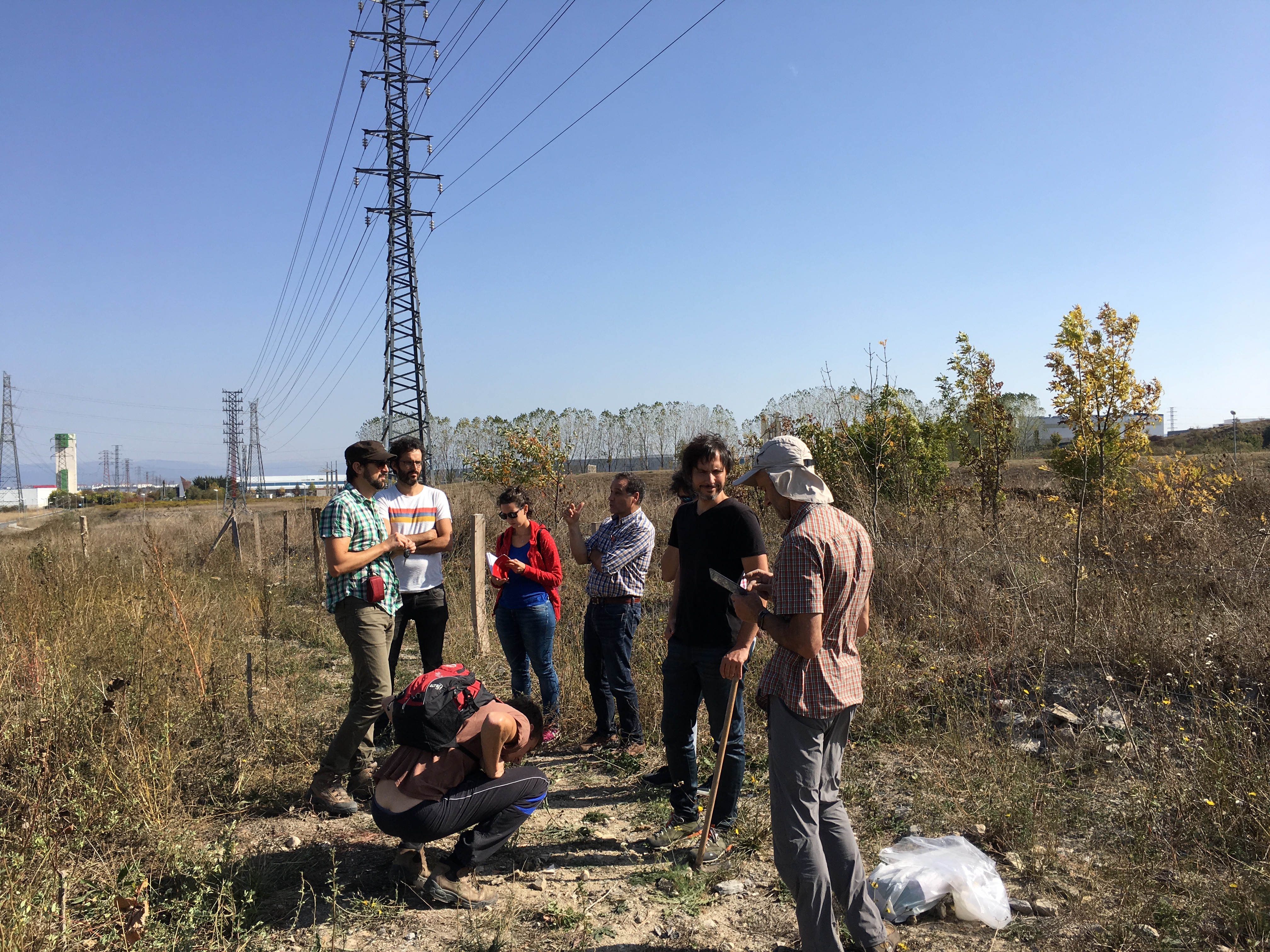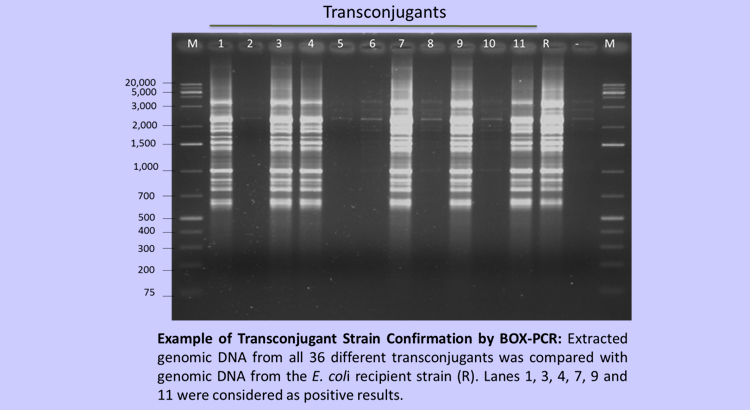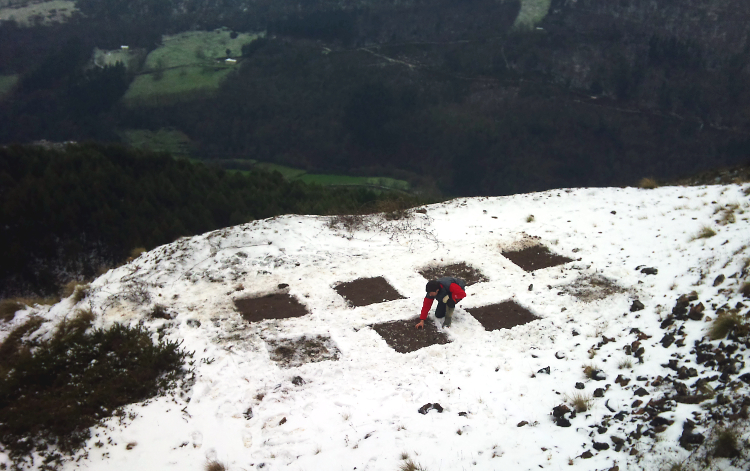Last Monday (October 16th, 2017), we visited our phytomanagement experimental field site located in Júndiz (Álava, Spain) to collect insects from the pitfall traps (pitfall traps are devices, commonly used as a passive sampling technique to assess insect diversity, to trap insects that are active on the ground surface) installed there around the contaminated plots (S5b site). During this visit, we observed the considerable adverse effects of this summer´s drought on the growth of poplar trees planted there, together with alfalfa plants, as part of the phytomanagement strategies applied in this contaminated site. The more frequent and intense droughts and heat waves experienced in the last years in our region point out to the great importance of adapting phytomanagement guidelines to the current scenario of climate change.




